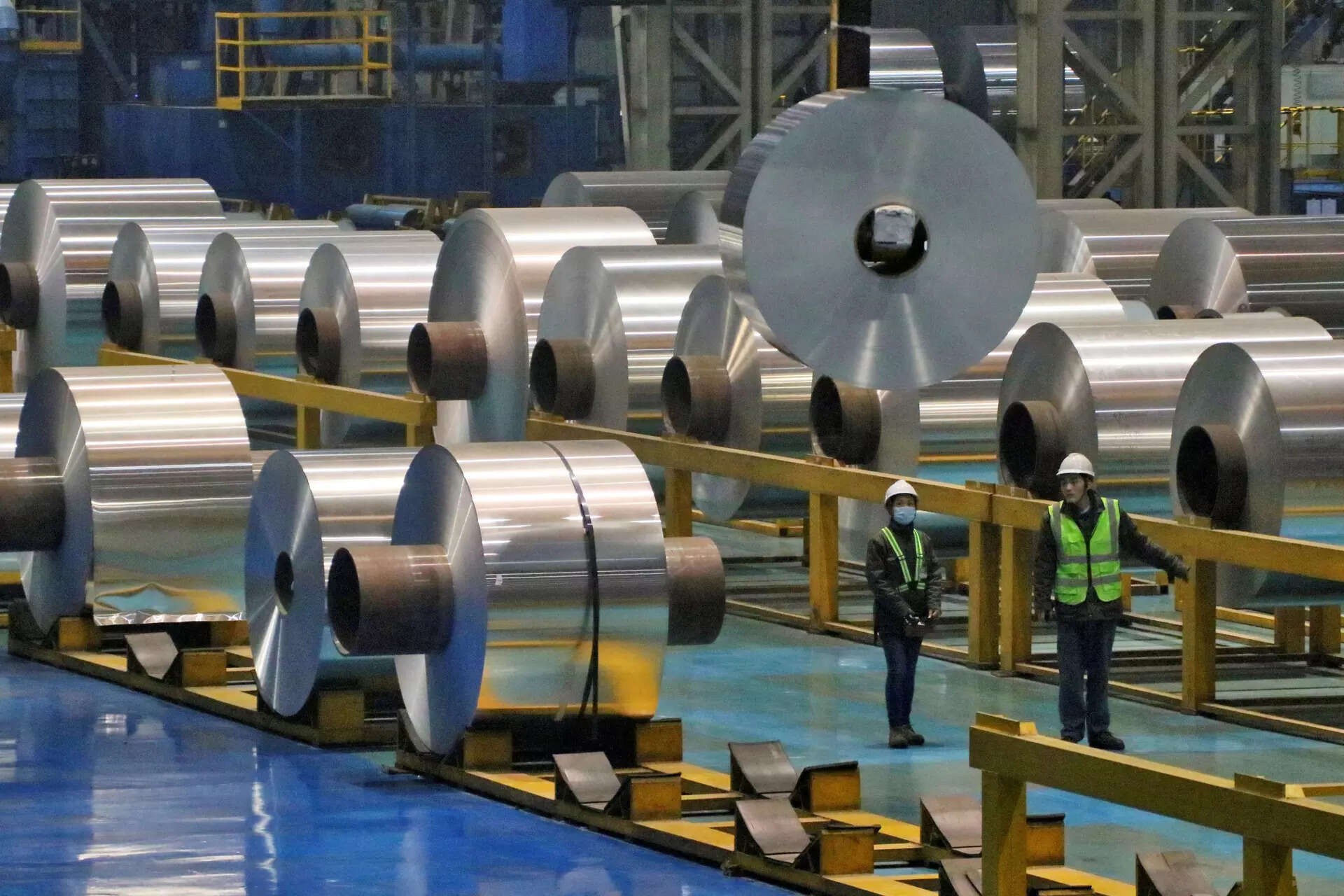
Aluminium maker Hydro and Watt Electric Vehicle Company (WEVC) said on Wednesday they will explore using recycled and low-carbon aluminium to help meet the climate goals of the UK commercial electric van startup‘s potential customers.
Hydro’s low-carbon aluminium is produced using renewable energy and has a CO2 footprint of 4.0 kg per tonne compared with a global average of 16.7kg. Hydro and WEVC will also evaluate using recycled aluminium in the manufacturing process.
This should help WEVC cut the carbon footprint of its eCV1 electric van by 50% and the plan is for the aluminium to be returned to Hydro at the end of the vehicle’s life.
“Cutting the embedded carbon footprint of an electric light commercial vehicle in half is a huge step forward for more responsible manufacturing,” said Paul Warton, executive vice president of Hydro Extrusions.
Based in Cornwall, southwest England, WEVC has designed a lightweight electric van using aluminium and composite materials. It has built a prototype and will build a small fleet of test vehicles for potential customers in 2024, CEO Neil Yates said. Series production should begin in late 2025.
Yates said WEVC aims to make entirely-recyclable vans that last for 20 years.
“What makes this so attractive to the fleet buyers that we’re engaged with now is this concept of longevity, recyclability and lower carbon,” Yates said.
Unlike a number of EV startups that collectively raised billions of dollars from investors and have since struggled, WEVC has only raised “single-digit millions of pounds” from investors and plans a fresh funding round in 2024 to raise “double-digit millions,” Yates said.
Yates said WEVC plans to invest in a small UK manufacturing facility that will have a production capacity of 5,000 vans a year. The startup aims to be profitable from 2026 onwards, he said.

